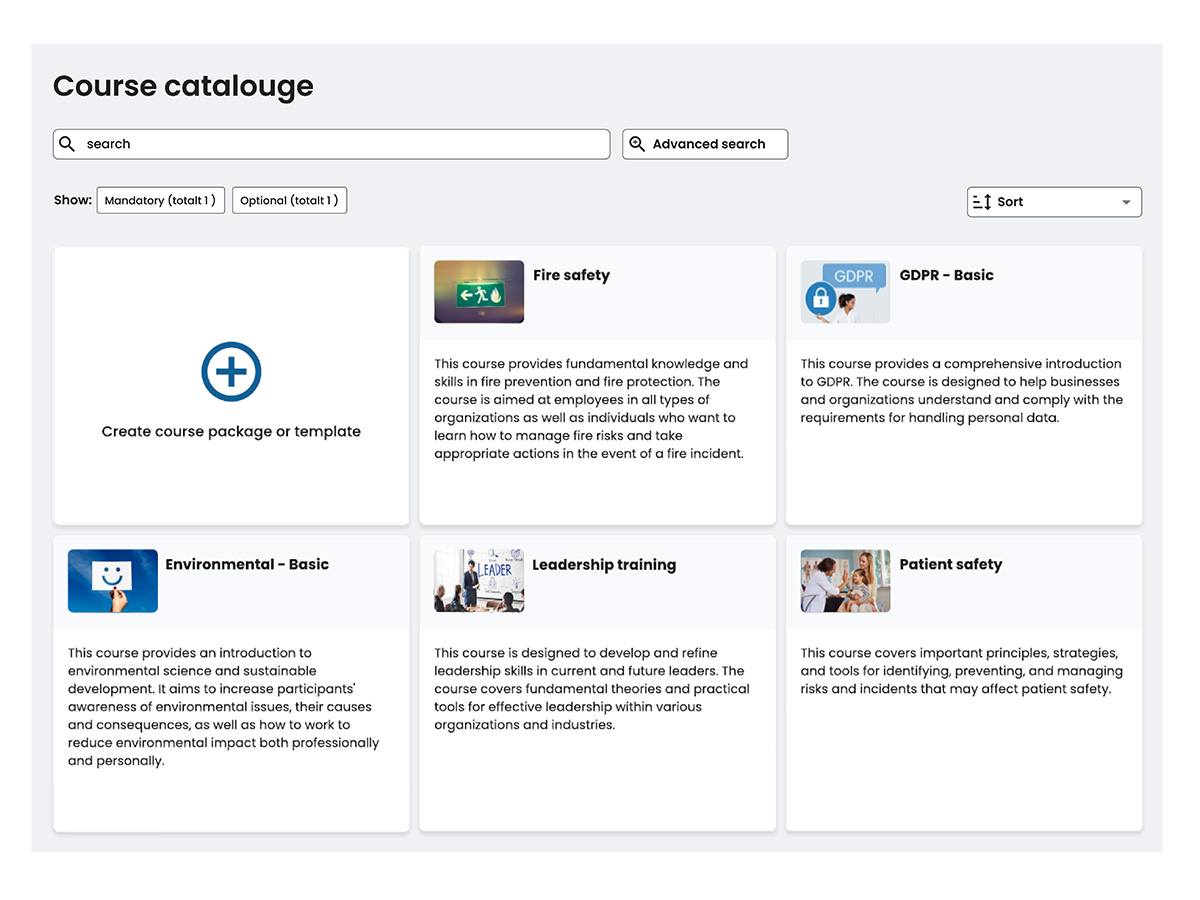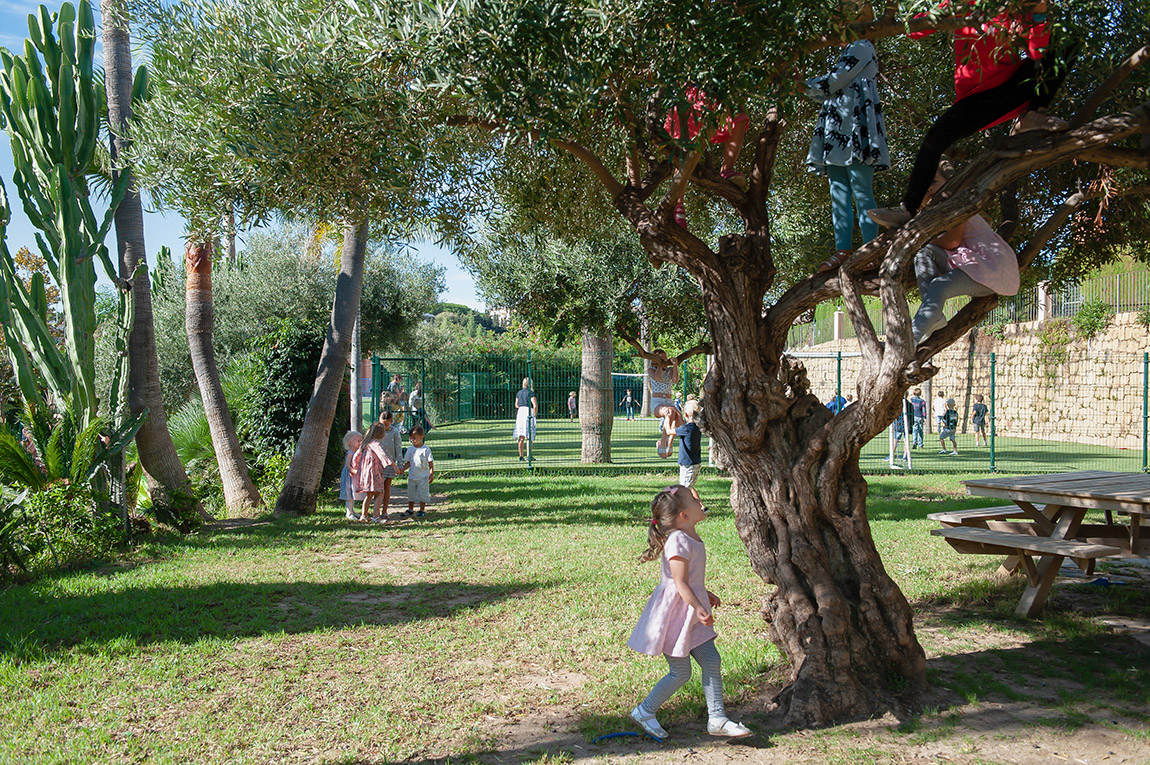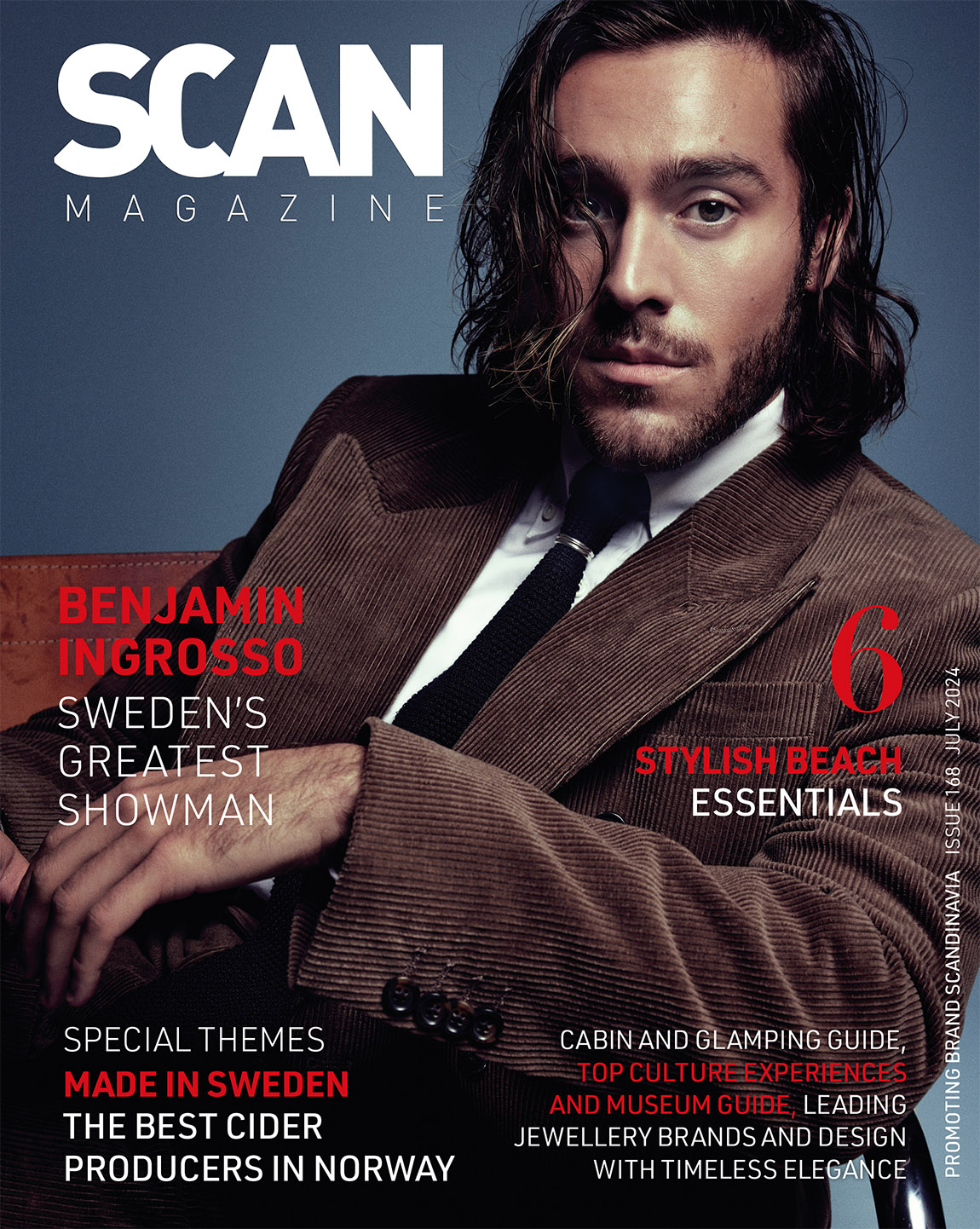Sorø Fri Fagskole: A year to explore your interests
By Josefine Older Steffensen | Photos: Sorø Fri Fagskole
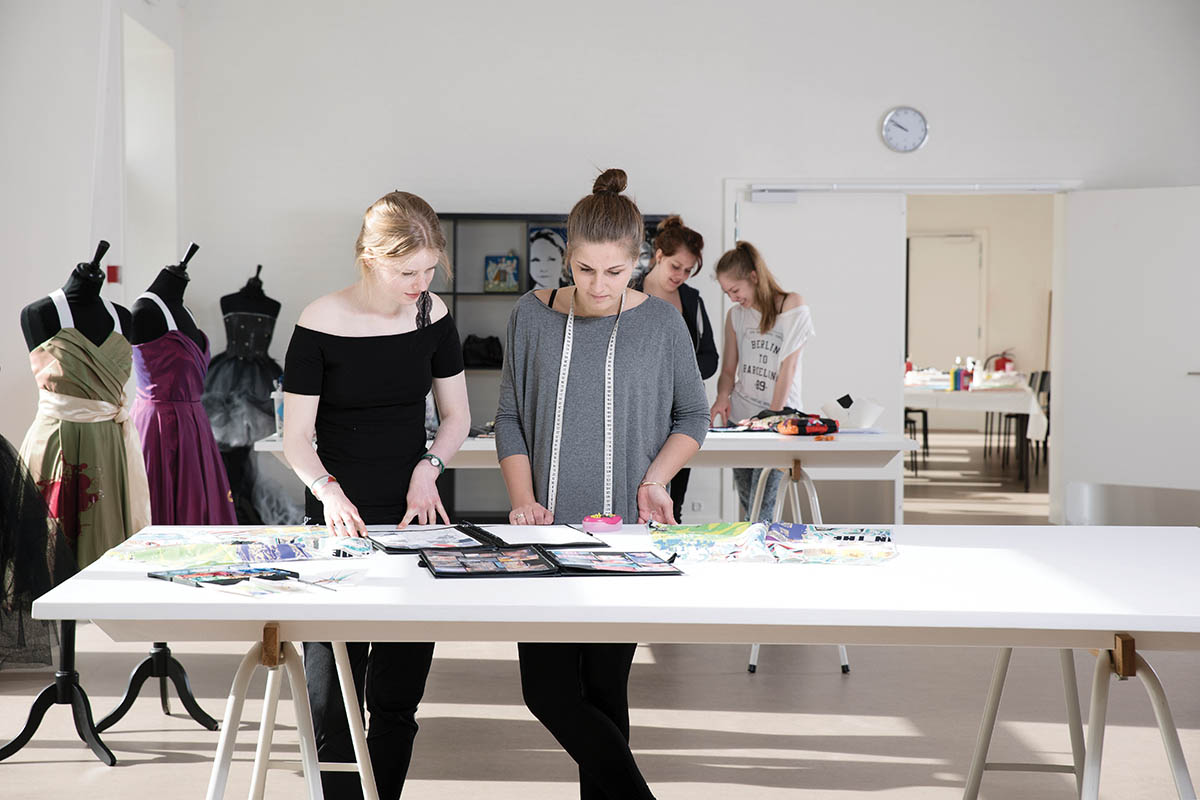
D espite celebrating its 125th birthday in May 2020, Sorø Fri Fagskole, a pre-vocational school in Sorø, is still at the top of its game. The courses in gastronomy, design and game design attract 80 pupils each year to come to live and study in the beautiful old buildings and make the most of the great facilities the school offers.
The school was initially set up as a college of domestic science by two women inspired and encouraged by the women’s institute, but it has continually been modernised to become the school it is today. In recent years, the school has been particularly focused on vocational courses and gives its pupils the opportunity to understand more about gastronomy, design or game design, while also being taught Danish, English and maths.
The pupils pick either gastronomy, design or game design and then choose whether or not they would like to take the other three subjects with or without tests, either to count as an additional year of secondary school or as a separate, vocational year. The pupils are on average between 16 and 18 years old and board at Sorø Fri Fagskole for the whole year, making it their home and allowing them to make friends for life.
Gastronomy
“Gastronomy is a subject that has always been part of the school. Ever since its beginning, people have been learning how to cook here,” explains Grethe Hovertoft, headmistress of Sorø Fri Fagskole. The school accepts pupils with all levels of cooking skills; whether they have never been in a kitchen or frequently cook, they are very welcome to join the course. “As long as they are interested, then everything else falls into place,” says Hovertoft.
Throughout the year, the students’ cooking skills reach a high gastronomic level, with pupils being allowed to try numerous techniques while working with a variety of ingredients. The school also arranges collaborations with other schools offering similar courses, which the students visit in order to get an insight into what others are doing, also helping them to work together with others.
Design
The design students learn how to work with fabrics, prints and other materials to create their own designs. Some even make their own ball dresses for the end-of-year ball. They quickly develop an understanding of different colours, styles, fabrics and prints, giving them some great skills for creating something of their own.
Like with the gastronomy course, there is no prerequisite in terms of skills for those who wish to join the course. The school is meant for learning, making mistakes and trying new things. There is a high level of autonomy over projects, and the pupils end up with a portfolio they can take with them to the next stage of their lives.
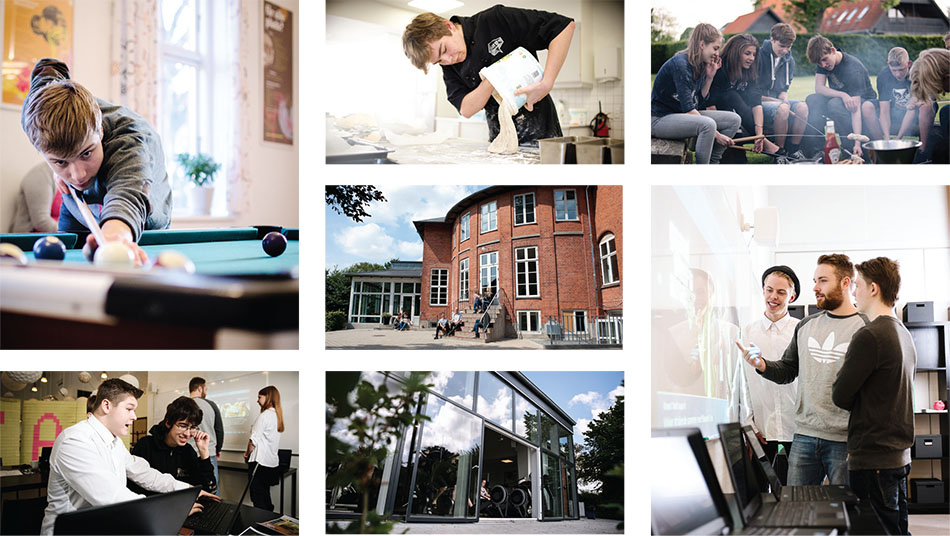
Game design
The game design course teaches students how to build a computer game from scratch. From the initial story through the coding and to the finished product, the pupils get to do everything. They are taught how to use the C# coding language and to problem solve, as well as to work both creatively and logically.
“We think it’s really important to teach the kids how their hobby and passion for computer games can actually also help to give them a career, and how they can make it into something more than sitting in front of their computer. They learn a lot about the mechanics behind the games and get to work with each other to produce something. They really love it,” says Hovertoft.
The day-to-day
All 80 pupils live at the school and are expected to cook, clean and take care of their environment. They spend either two or three days on the chosen course and then the rest on Danish, English and maths, the number of days depending on whether or not they have chosen to make it an extension of secondary school or a vocational course.
The pupils’ mental and physical health are also in focus, with the school making sure that the pupils are happy and encouraging them to keep fit, especially as the school and the town have great sports facilities. “The pupils are here at a critical point in their lives, when they’re thinking about their future and what they’re going to be doing. That’s why it’s important that we’re not only teaching them about the vocational side and giving them the academic skills they need to succeed in the future, but also teaching them how to lead a long and happy life, which includes everything from cooking and cleaning to exercising and socialising,” says Hovertoft.
The school also hosts camps for kids aged 12 to 16, who want to learn more about the three speciality subjects and experience the atmosphere of the school. At these week-long camps, the children get insight into what the school does and are also introduced to the opportunity of building their own computer game or designing a new piece of clothing.
Sorø Fri Fagskole has, for the past 125 years, been teaching its students about life and work. The fun, modern and practical approach makes it an excellent year for the teenagers to get to know themselves better, enjoy being creative, and make friends for life.
fagskole.nu Facebook: soroefrifagskole Instagram: @soroefrifagskole
Subscribe to Our Newsletter
Receive our monthly newsletter by email


